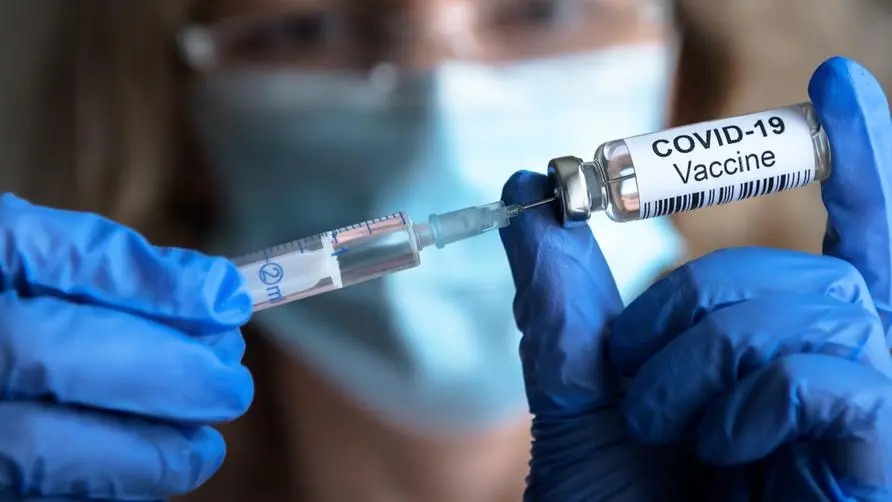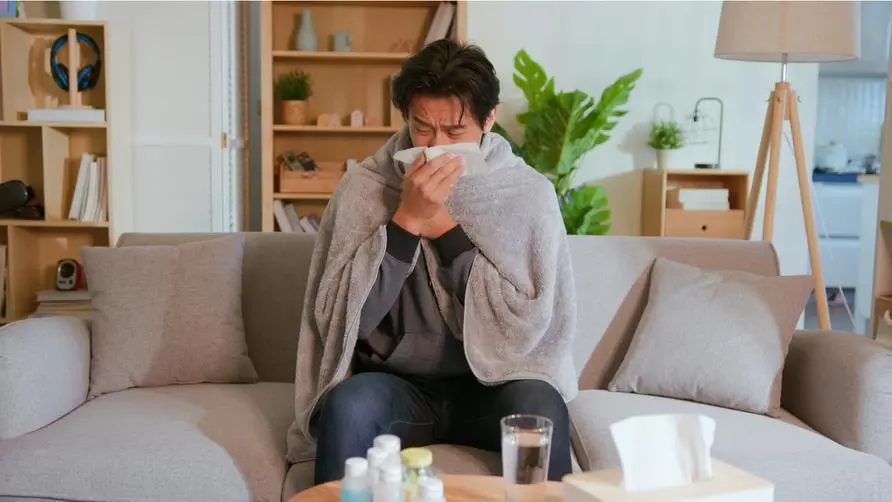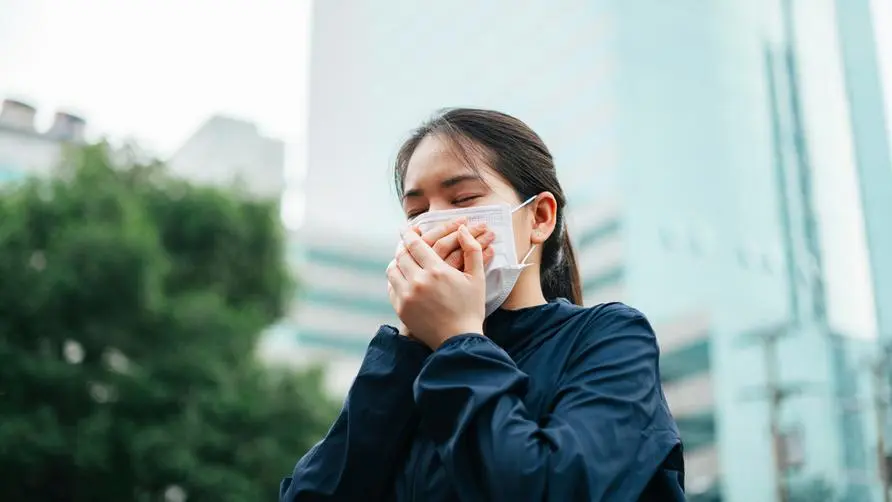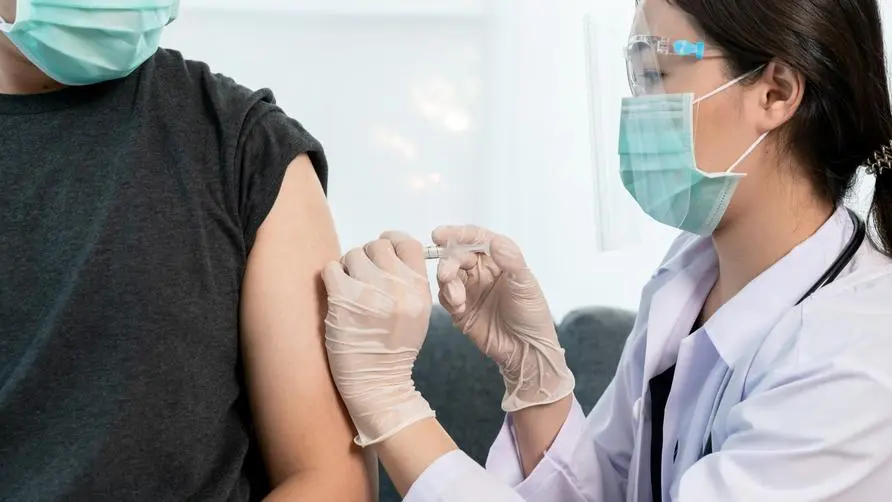Does vaccination help "psychological immunity"? Study: Anxiety drops by 25% after second dose

The epidemic has severely damaged the human body and mind. Can vaccination also relieve emotions?
It has been more than two years since the COVID-19 pandemic began. Many people are not only facing job and income losses, social isolation, but also causing issues such as medical affordability, drug abuse, and racial discrimination. The lack of social interaction between people has further contributed to the “collective loneliness” phenomenon caused by the epidemic.
Previous research has pointed out that actions such as keeping pets and creating a goal list during the epidemic can significantly reduce the loneliness caused by the epidemic and help reduce the occurrence of related psychological symptoms. Now, research in the American Journal of Preventive Medicine shows that the mere act of “vaccination” can improve people’s psychological safety and relieve emotions such as anxiety and pain.
Can vaccination improve “psychological immunity”? Anxiety significantly reduced by 25%
A research team from the University of New Hampshire in the United States regularly tracked 8,090 adults from March 2020 to June 2021, testing them through the “Patient Health Questionnaire-4 (PHQ-4)” level of mental health.
Questions in the questionnaire include: What do you think is the chance of being infected with the new coronavirus in the next three months? If you get COVID-19, what are the chances that you will be hospitalized (at least one night in the hospital) because of the virus? If you are infected with the coronavirus, what are your chances of dying from it?
The results of the questionnaire showed that between December 2020 and June 2021, subjects who had received at least 1 dose of the vaccine had a relative reduction of 7% in “mental distress”.
In addition, after receiving the second dose of the vaccine, the subjects’ average threat to contracting the virus dropped by 7.77%, and the likelihood that they might be hospitalized due to severe illness dropped by 4.68%. Overall, the correlation between vaccination and anxiety dropped by 25%.
The research team claimed that at least 8 weeks after vaccination, the “security” the vaccine brought to the subjects became stronger. Those who had previously received the first dose of the vaccine had similar levels of concern about the virus as those who had not been vaccinated. But after the former received the second dose of the vaccine, the psychological states of the two began to differ.
Will the persistence of “vaccine hesitancy” be a hidden public health crisis?
Study author Dr. Jonathan Koltai believes that even if the new coronavirus continues to cause serious illness and death tolls, in Western countries such as Europe and the United States, “vaccine hesitancy” (meaning that individuals still delay vaccination despite being eligible for vaccination), “vaccine refusal” and other phenomena still exists.
The “Lancet” study pointed out that rather than emphasizing the public benefits brought by “herd immunity”, persuading the public to vaccinate from a more personal perspective may be a better choice. Dr. Koltai further explained that the psychological benefits of taking the COVID-19 vaccine to individuals are even more important for those who are vaccine hesitant or refuse the vaccine.
Dr. Koltai said that long-term and continuous strict epidemic prevention measures may pose risks to the mental health of the public. However, the insistence of certain ethnic groups not to vaccinate will become an invisible worry for the public health system, and society will need to spend more costs to recover from the new crown epidemic. If the mental health benefits of vaccination can be widely publicized, vaccine hesitancy can be reduced and vaccine penetration rates in various regions can be increased.
“What people need to know is that no one is absolutely safe until everyone is safe,” Dr. Koltai reminded.
Source:
New study finds COVID-19 vaccination boosts mental health along with immunity
Further reading:





